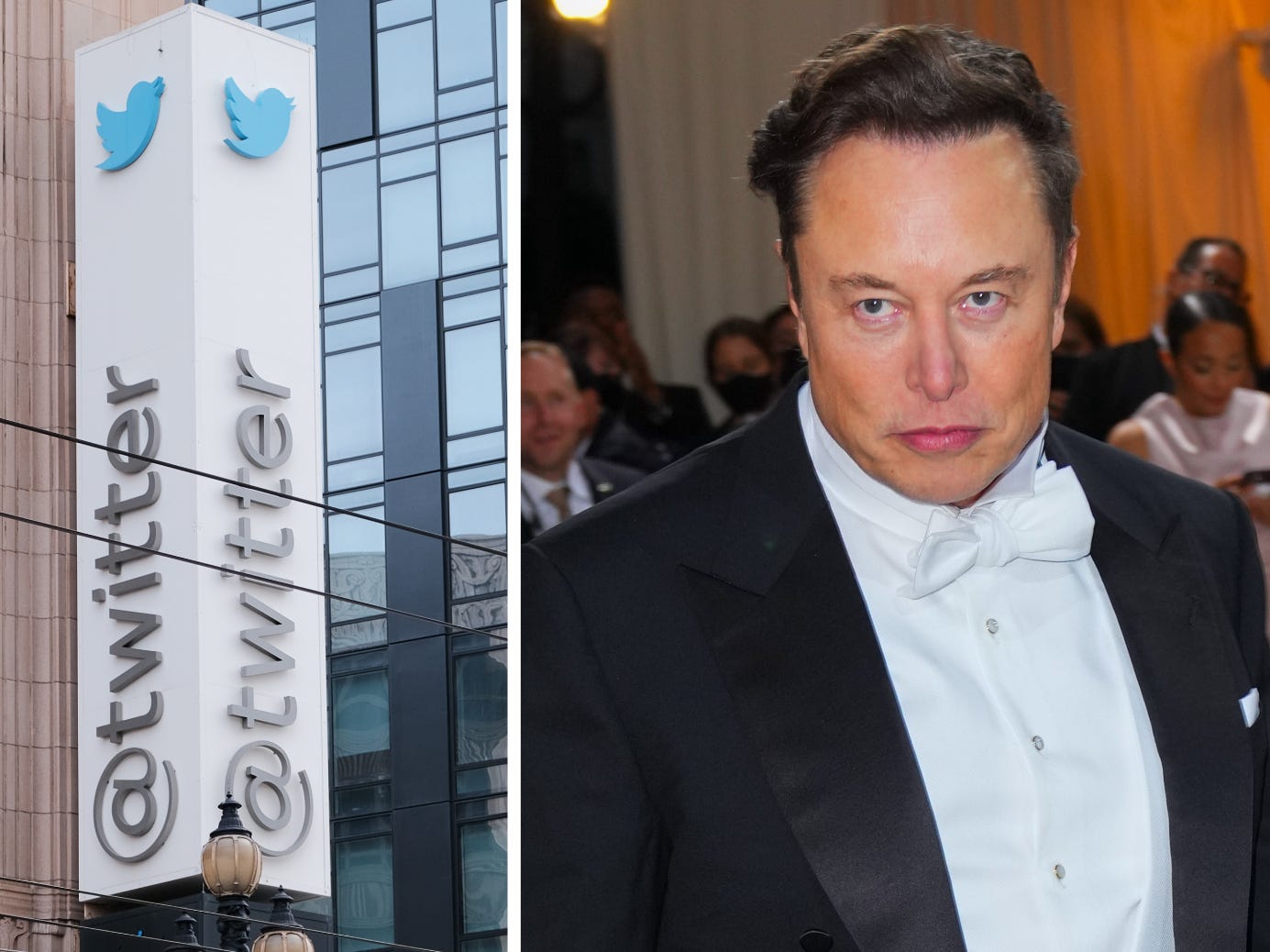
Twitter opened a physical office in Accra, Ghana on Tuesday for its Africa HQ. On Friday, Elon Musk sacked all of the company’s staff on the continent in what makes the announcement of Twitter’s commitment to Africa a mere PR gimmick.
ACCRA, GHANA: On April 12, 2021, co-founder and former CEO of Twitter Jack Dorsey made a Tweet that took over the tech news space in a matter of hours.
Sharing a link from Twitter’s blog post, Jack wrote on his timeline:
Twitter is now present on the continent.
Thank you Ghana and @NAkufoAddo. #Twitter Ghana
The Tweet which had a beautifully crafted hashmoji in Ghana colours was a pivotal moment in tech on the continent. Big tech had its presence on the African continent but not at the magnitude of Jack’s announcement regarding Twitter’s plans.
A part of the blog post attached to the former Twitter CEO’s Tweet read:
“Today, in line with our growth strategy, we’re excited to announce that we are now actively building a team in Ghana. To truly serve the public conversation, we must be more immersed in the rich and vibrant communities that drive the conversations taking place every day across the African continent.”
The reason for choosing Ghana as the headquarters for Twitter’s present in Africa was attributed to the West African nation being ‘a champion for democracy’ and a ‘supporter of free speech, online freedom and the Open internet of which Twitter is also an advocate’.
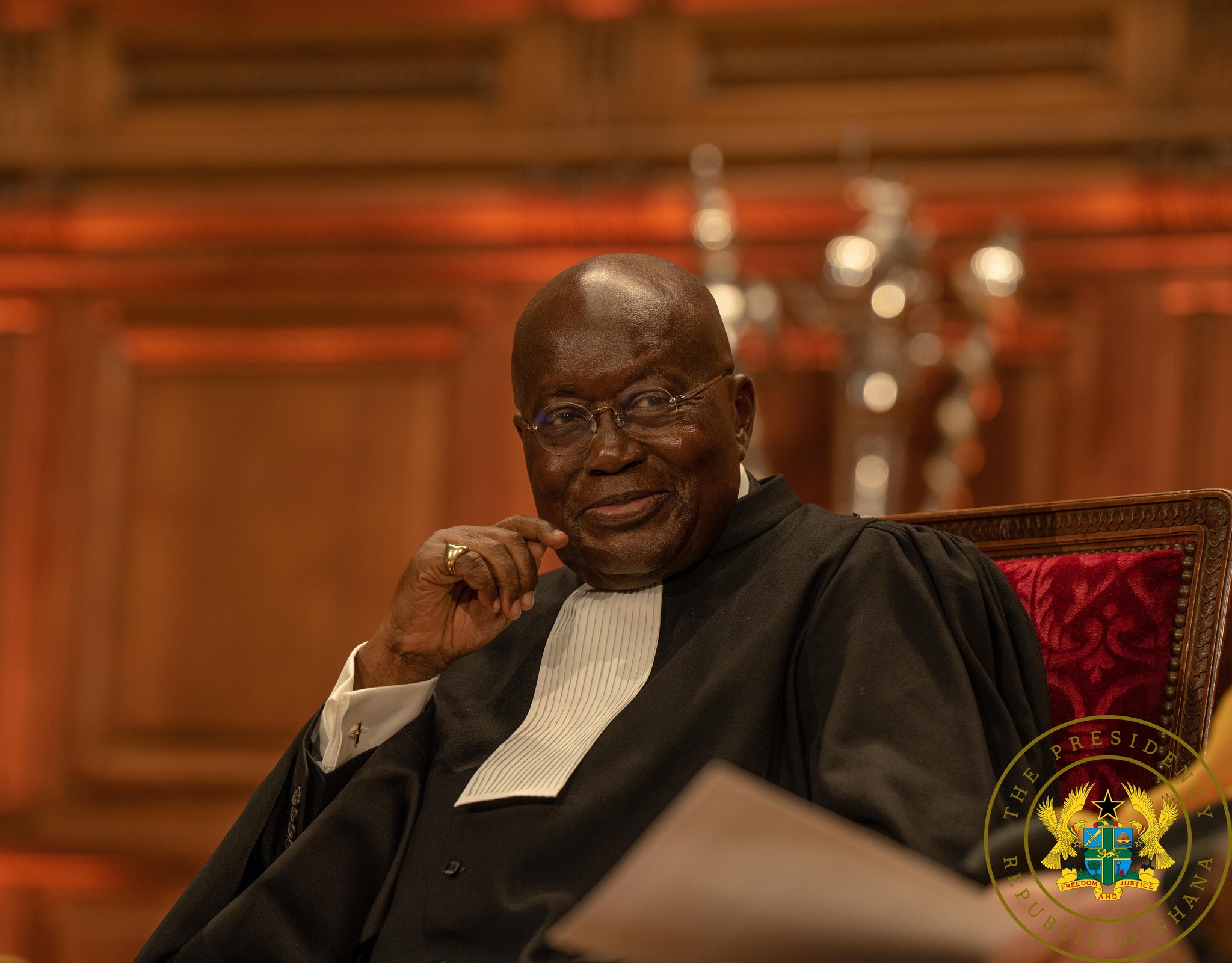
Nana Addo Dankwa Akufo-Addo, the president of Ghana quoted Jack tweet with a thread in three parts.
“The choice of Ghana as HQ for Twitter’s Africa operation is EXCELLENT news. Gov’t and Ghananaians welcome very much this announcement and the confidence reposed in our country,” President Akufo-Addo Tweeted.
“As I indicated to Jack in our virtual meeting of 7th April 2021, this is the start of a beautiful partnership between Twitter and Ghana, which is critical fro the development of Ghana’s hugely important tech sector,” he added.
“These are exciting times to be in, and to do business in Ghana,” President Akufo-Addo ended his thread.
The conversations on the timeline showed a well thought through process for Twitter to extend its presence and amplify voices on the African continent to drive necessary conversations.
Within moments of the news breaking, Africa had its spotlight of a continent filled with talents who mostly are not given the opportunity to flourish. The tech world saw what the possibilities in the future hold as Twitter had already broken the ice and trusted talents on the continent to make it work. There were healthy rivalry talks between countries in Africa on ways to emulate Ghana and attract big corporations to widen opportunity net for the young talents. And there was a different version of Ghana vs Nigeria battle that moved away from Jollof rice.
Within weeks of this announcement, hirings for roles at Twitter’s Africa HQ had begun. Recruiters made it clear to prospective candidates that the team in Ghana would work remotely for some time before an office space is set up.
When some hirings were done with all talents being locally sourced, conversations on the timeline had a more inclusive vibe from an African perspective. There was a sense of belonging felt from both the platform side and opportunities for talent side. It provided a space for talents in Ghana and Africa to make input into decisions for Twitter with local understanding while learning from other talents in a different market. These contributions were a stepping stone and case study for the many big tech corporations.
On a user level, having an HQ close gave some kind of assurance for the platform’s use. Talents responsible for safety and partnerships were now from the continent and had insights into the problems and challenges in the space. Solutions could only be better than it had been before.
For what had usually been connections from afar, top personalities and voices from Africa were now being amplified on a global level. Twitter had walked the talk and was actively working towards making it better.
Jack, where are you?
On November 29, 2021, seven months after his announcement that Twitter was moving to Africa, Jack Dorsey Tweeted:
“Not sure anyone has heard but, I resigned from Twitter.”
The Tweet was no surprise to a host of tech enthusiasts as rumours had gone around about an imminent move by Jack out of the company. His combining of two CEO jobs was a matter of internal controversy with the board which felt Twitter needed more attention.
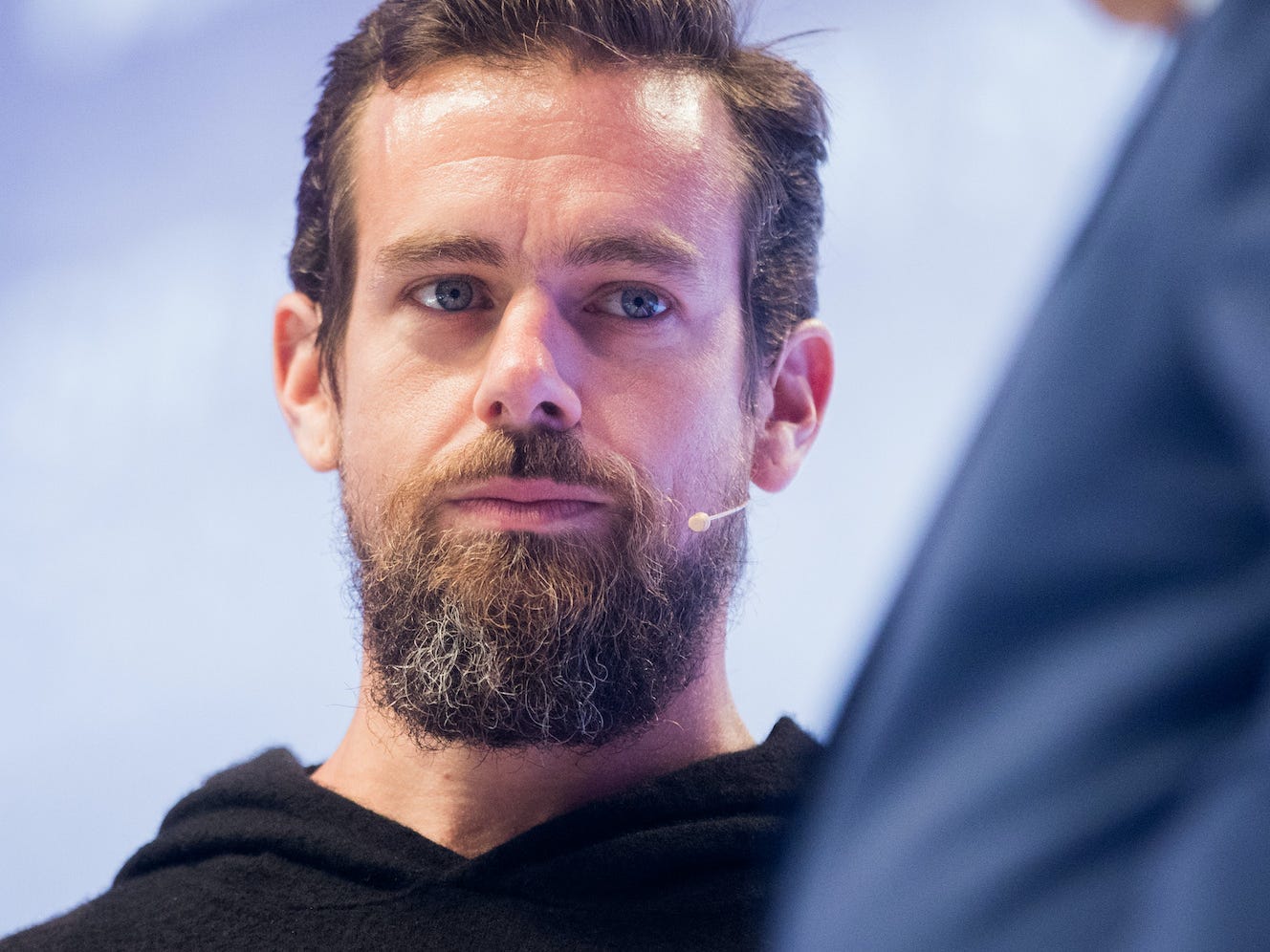
In the screenshot of his resignation email to the Twitter team, Jack named Parag Agrawal as CEO who lauded as a candidate who had ‘been my choice for some time given how deeply he understands the company and its needs.’
Such a big announcement always creates doubt about the future of a company like Twitter but at no point did anyone predict that Africa’s HQ which had been set up a few months before was under threat under the new CEO Parag Agrawal’s leadership.
Parag’s introduction to the Twitter team looked to have gone smoothly, or so it seemed from Tweeps on the timeline. He had a touch of calmness to his approach and oozed the aura of a people person - traits that significantly showed during his Twitter Spaces interview with Ghanaian tech advocate and PM at Microsoft, Ivy Barley.
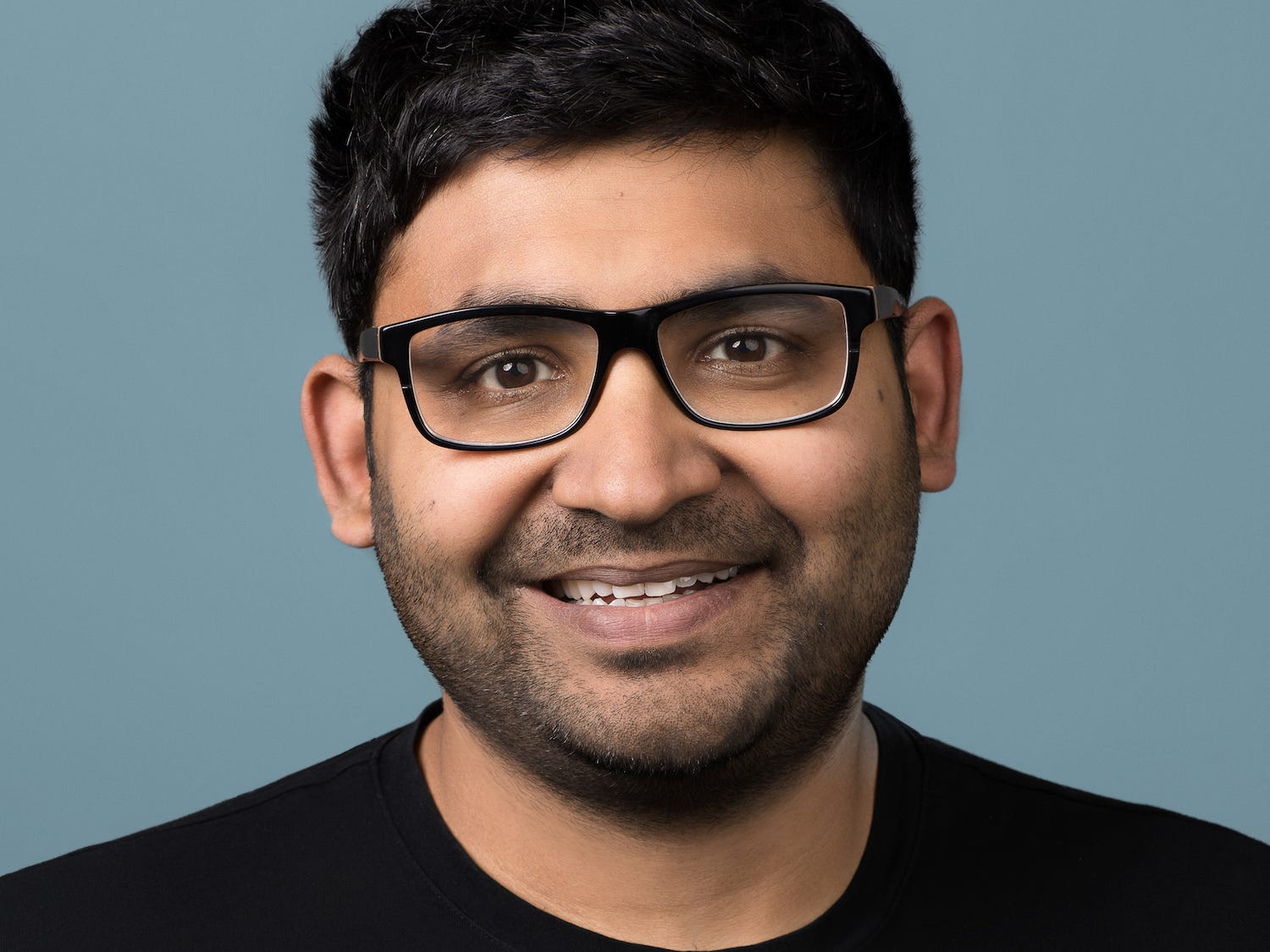
This calmness did not mean Parag did not take the hard decisions he felt would put Twitter on track for its growth and revenue aspirations.
In May 2022, former Twitter CEO Parag Agrawal fired two top executives at Twitter and put a freeze on hiring. General manager of revenue and head of products Bruce Falck and Kayvon Beykpour, consumer product leader were pushed out of the company, in what was some of the tough decisions Agrawal made but not the biggest challenge he had had to deal with in his early days at CEO.
On April 14, 2022, Twitter revealed in securities filing that Elon Musk, the world’s richest person had offered to buy the company for $44 billion. This outright buy offer was not something that had happened from nowhere.
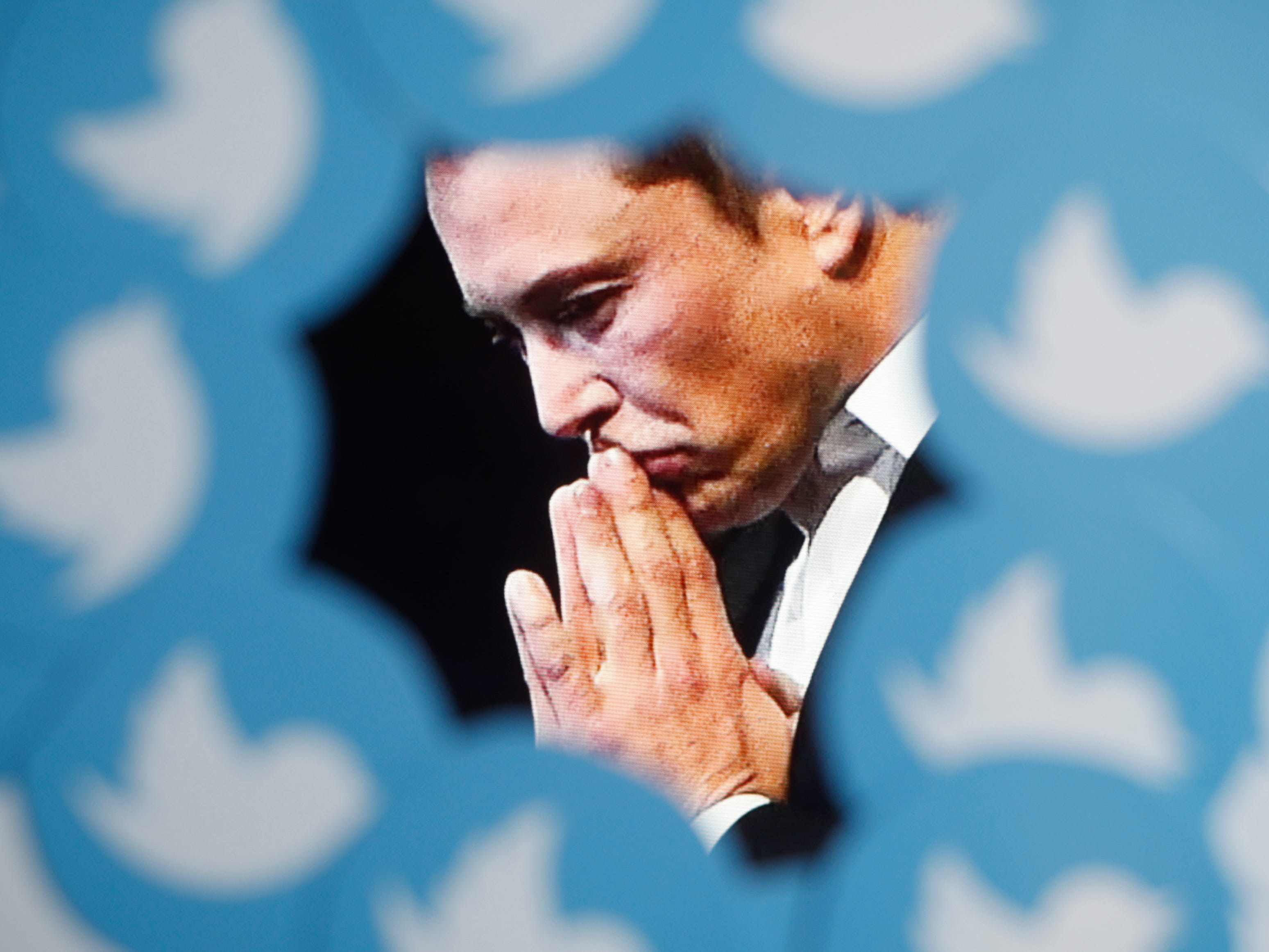
In a series of events that preceded the drama-filled transaction between Twitter and Musk, the CEO of Tesla had amassed a stake in Twitter and told the board about potentially joining the board. He also made clear his intentions around taking the company private or possibly starting a competitor at the time according to regulatory filings.
On April 5, 2022, Elon Musk was offered a seat on Twitter’s board. However, in a quick turn of events, the then Twitter CEO Parag Agrawal announced that Musk will not be joining the board on April 11 before news of the billionaire making an offer to buy the social media company broke.
20 days later, a $44 billion deal had been reached between Elon Musk and Twitter for the billionaire to take the company private after the sale.
Hold on, bots?
Elon Musk disclosed his plan to put the Twitter buy on hold temporarily as he needed to be sure of the number of fake accounts on the platform. After a series of tussles and exchanges between the Tesla CEO and Twitter on how the social media company calculates the number of fake accounts, Musk said on July 8, 2022, that he will not honour his offer to buy Twitter. He said the company failed to let him know the accurate number of fake accounts.
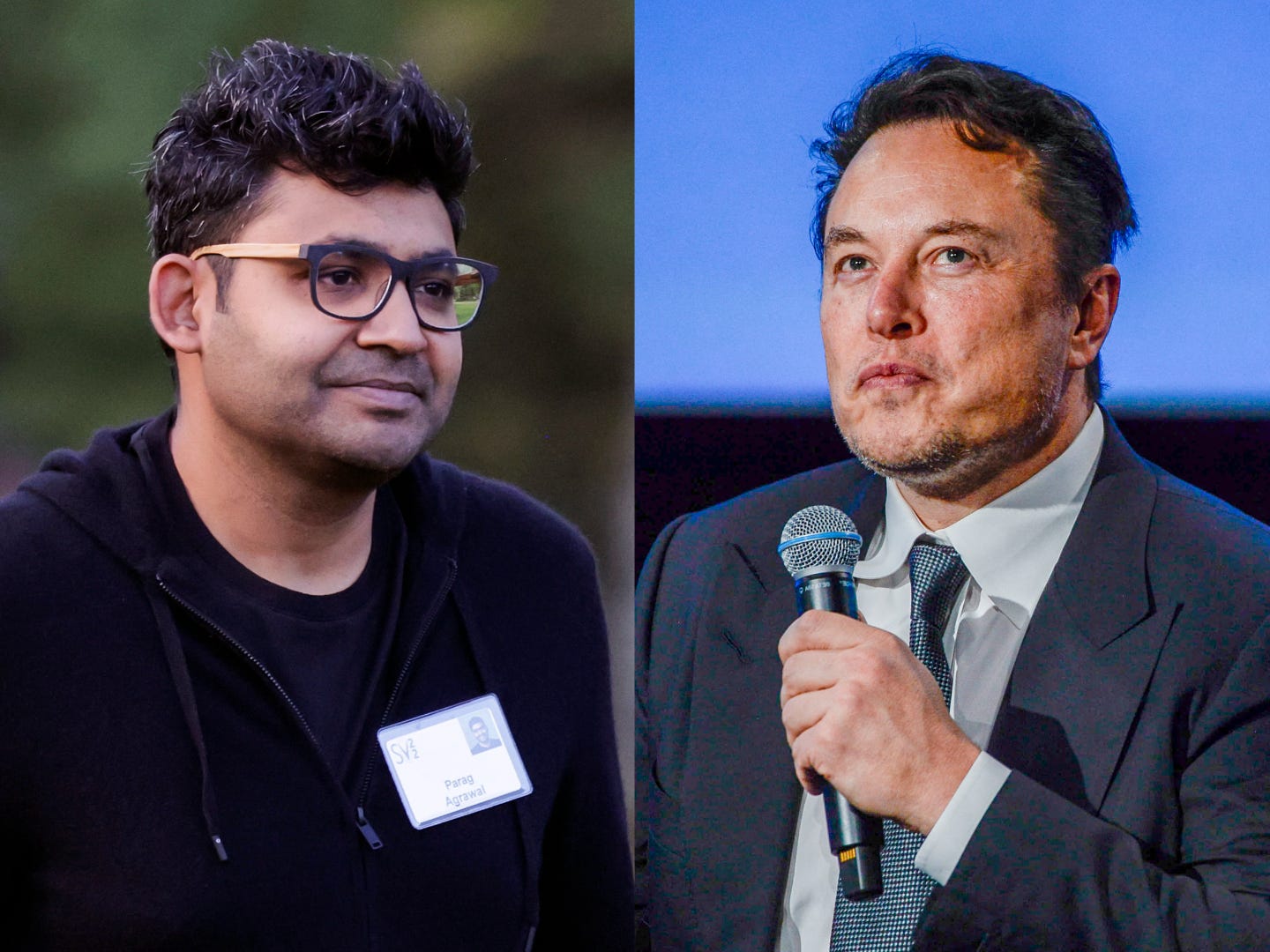
Parag Agrawal had not been in the CEO role for long but had shown a strong tenacity to face off Elon Musk behind closed doors. With the entire transaction and negotiations having effects on Twitter’s internal morale and shares, Agrawal was not taking Musk’s approach to the deal lightly.
In a text sent to Elon Musk according to court proceedings, the former Twitter CEO wrote:
“You are free to tweet ‘is Twitter dying?’ or anything else about Twitter - but it's my responsibility to tell you that it's not helping me make Twitter better in the current context.
“Next time we speak, I'd like to you provide you perspective on the level of internal distraction right now and how it is hurting our ability to do work.”
Elon Musk, dismissing Agrawal’s sentiments responded with “What did you get done this week?” before disclosing he was not joining the board and that it was “a waste of time.”
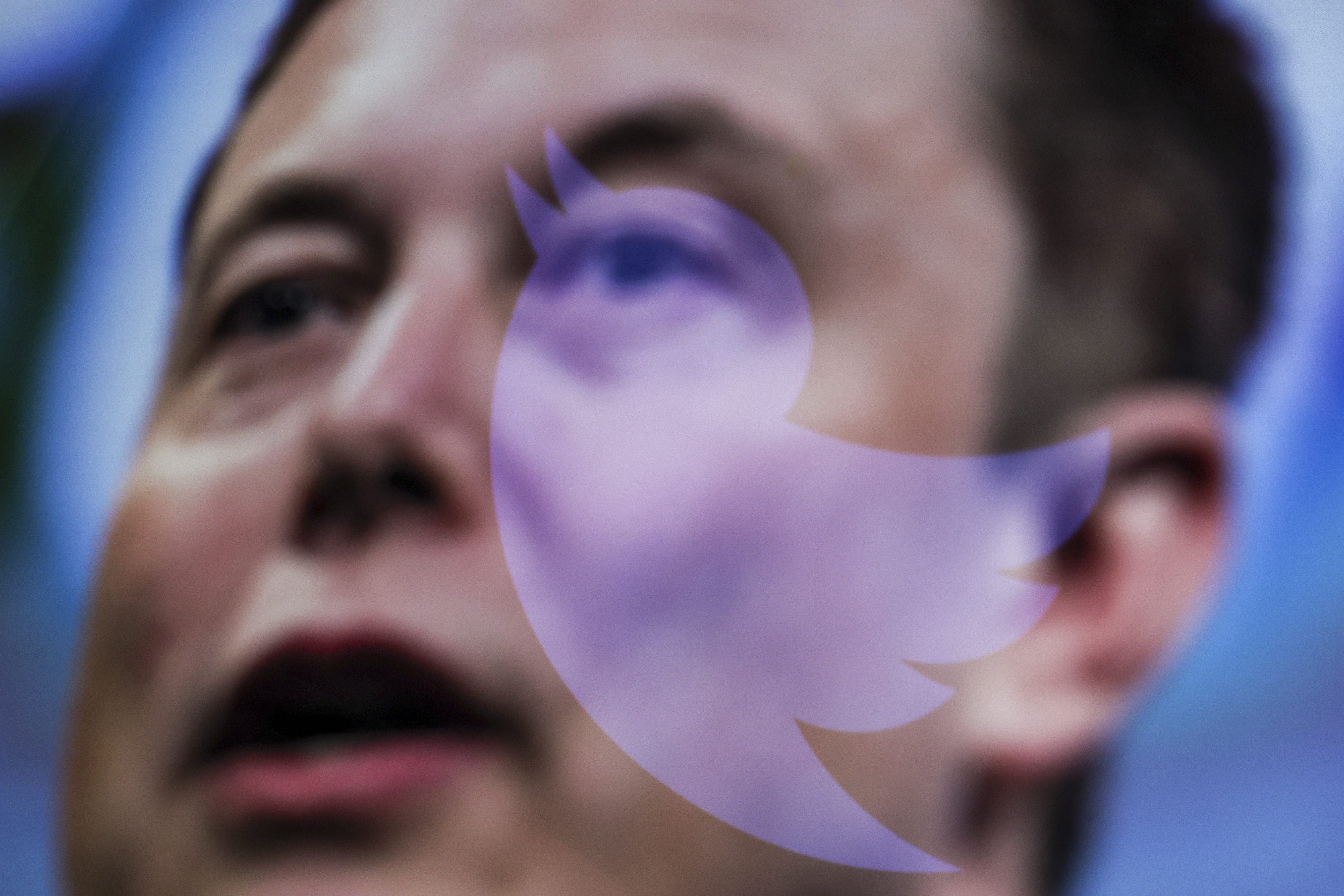
It was not the only time Parag Agrawal had confronted Musk in the space between the billionaire accumulating shares of Twitter to trying to pull out of the deal to buy the company. This awkward Twitter exchange that involved a poop emoji was one of the many tussles.
In the end, Twitter sued Elon Musk to force him to complete the deal he had initially agreed to. The Tesla CEO countersued as the tech world looked forward to how this legal dispute would turn out with a Delaware judge setting the trial date.
However, Elon Musk changed his mind days to the trial and offered to go ahead with the initial purchase proposal of $44 billion. Twitter who was still looking forward to closing the transaction received Musk’s offer.
Elon’s role at Twitter
Twitter has not been the same since Musk took over and not even his carefully orchestrated entrance of the ‘let the sink in’ joke has been able to overshadow the internal chaos that has spilt over to the external side of the platform.
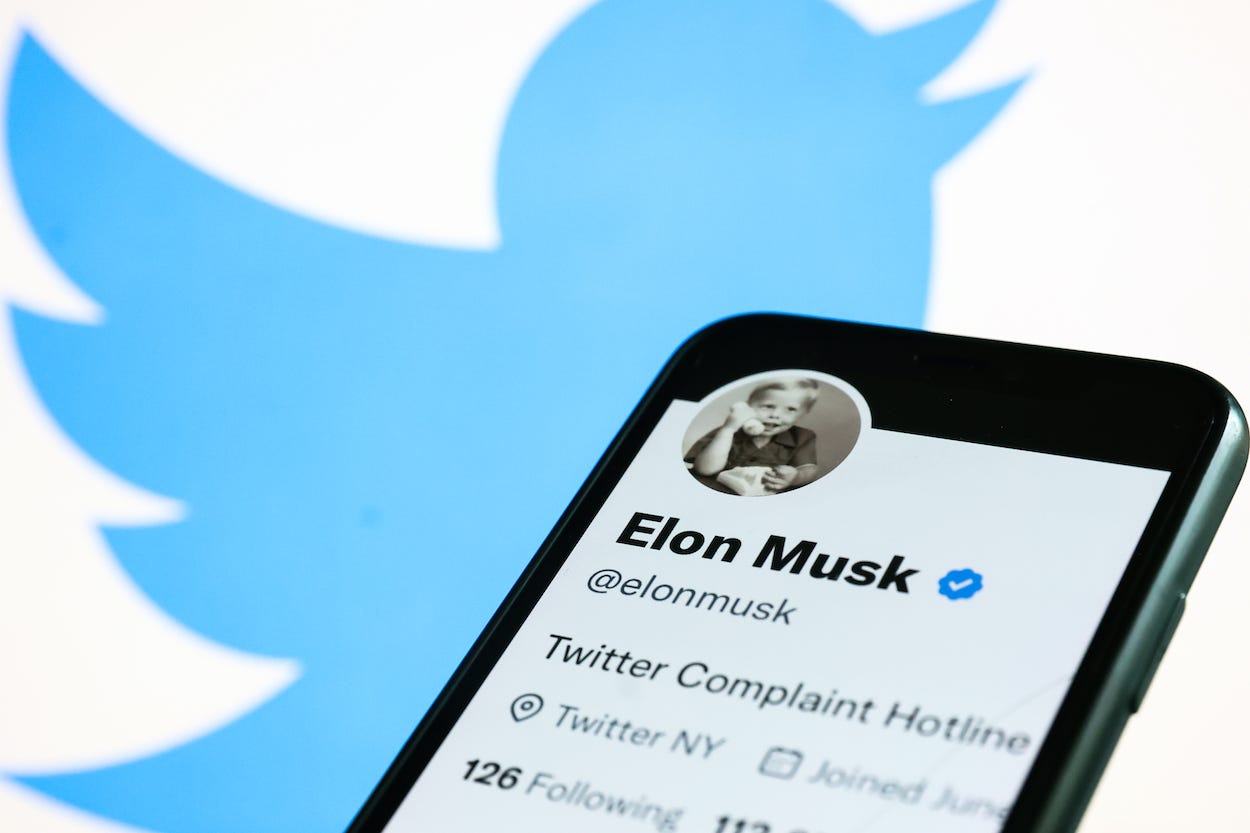
Although Elon did not rule out a possible layoff during his meeting with Tweeps (Twitter employees) earlier in the deal discussions, rumours of showing employees the door got intense immediately after the purchase was completed.
Laying off 50% of Twitter’s workforce seemed overly dramatic for the rumours but when Tweeps started getting locked out of their work email and Slack accounts, the picture was made clearer.
Hashtags in the early hours of Friday, November 4, had moved from #LoveWhereYouWork to #LoveWhereYouWorked and #LoveWhoYouWorkedWith as employees who had been affected by the layoffs tried to encourage one another to stay strong and relish in the good work they had put in the platform over the years.
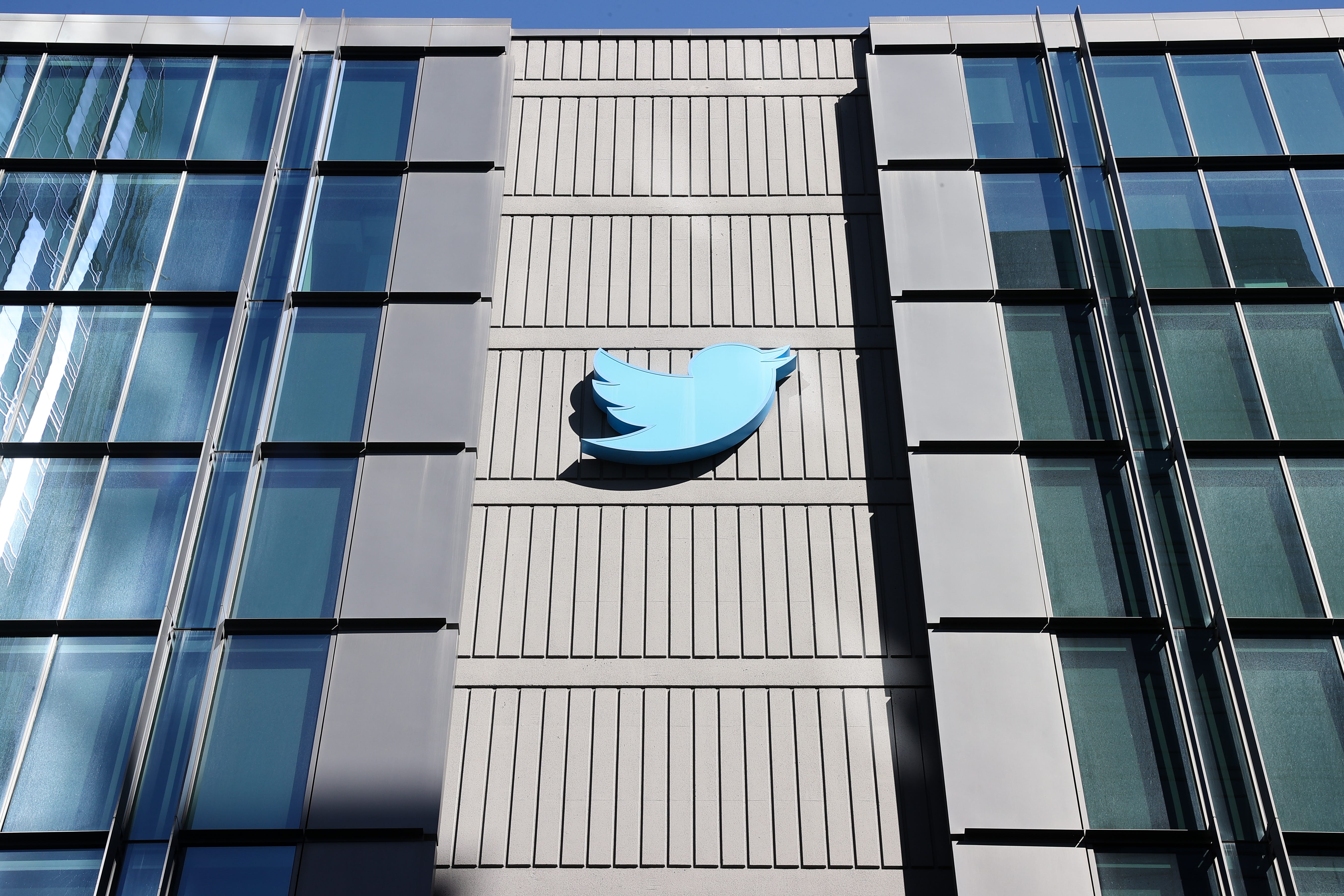
The haste and theatric nature of how Musk let workers go was mind-boggling. Twitter employees received an email about 24 hours before the mass layoff. The email highlighted the layoff notices were going to take place via email with the subject line ‘Your Role at Twitter.
Below is the full email as posted by @TheQuartering on Twitter:
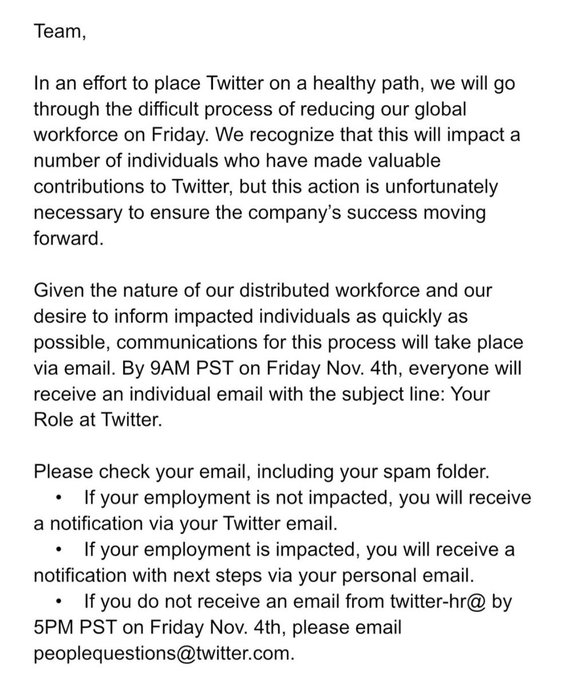
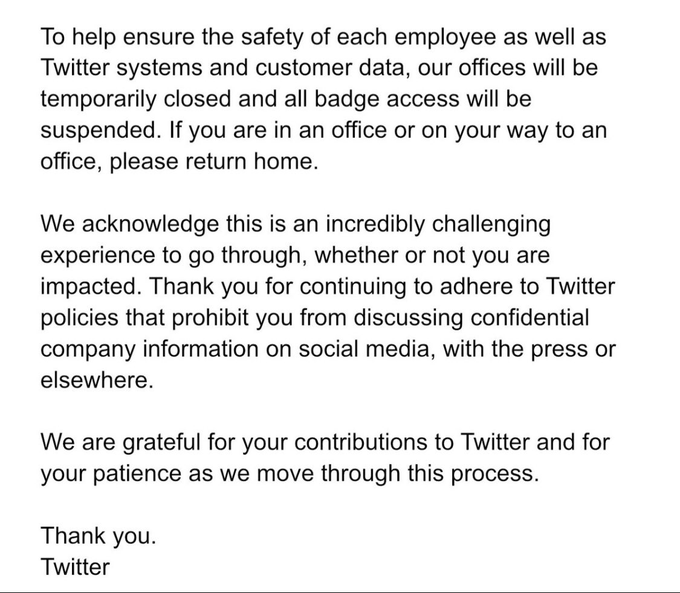
By end of the day on November 4, 2022, across all time zones, the layoff news had been delivered to most of the affected employees and it was evident on Twitter.
New owner Elon Musk, however, explained it was a necessary decision because the company was losing $4 million a day in one of his many Tweets.
“Regarding Twitter’s reduction in force, unfortunately there is no choice when the company is losing over $4M/day. Everyone exited was offered 3 months of severance, which is 50% more that legally required,” Musk said on his Twitter page on November 4.
A move to Africa turned PR gimmick
Elon Musk needed a lot of briefing to be able to make the decisions he had made just a week into taking charge of Twitter. And reports surrounding some laid-off employees being asked to go back to Twitter highlight the finer details of some oversights and mess.
This mess was similar to the case of Twitter’s Africa headquarters. Musk announced 3 months of severance but according to a report by CNN no team member in the African team is getting that package.
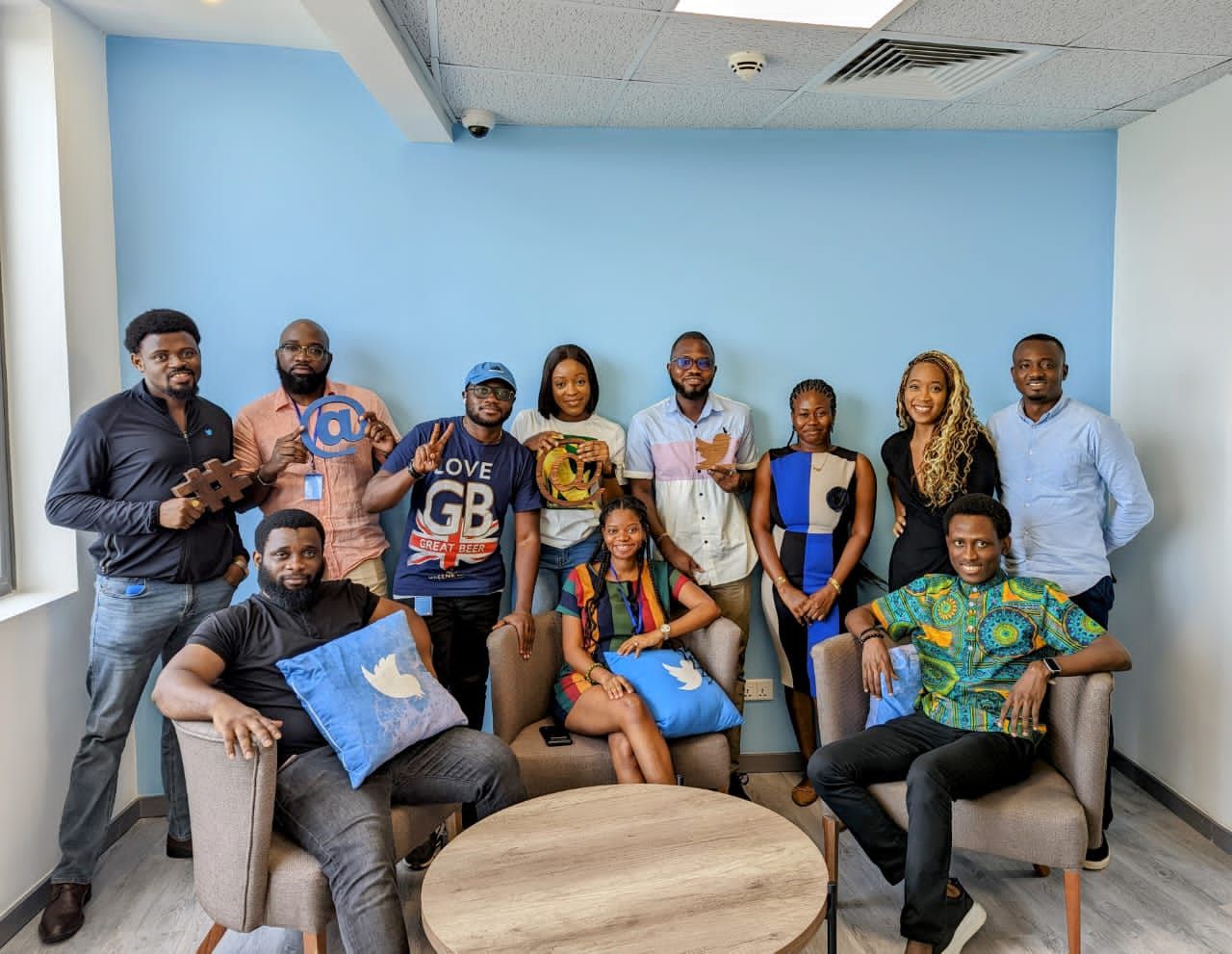
On November 1, 2022, Senior Partner Manager Bernard Kafui Sokpe at Africa’s HQ posted on LinkedIn about him and his colleagues having a new physical office to work from following their remote work for a year.
“It's been a year since Twitter entered Africa to contribute to the public conversation via Ghana,” Bernard wrote.
“Many new features have been shipped and voices amplified, whilst working completely remote. Today we officially opened the Africa HQ in Accra, and for the first time had all Tweeps in the region leave their home desks and convene in the nest. News worth celebrating amidst all the headlines.”
Three days later, the scenario took a different turn. Bernard’s time at Twitter had ended amidst the job cuts by new owner Elon Musk with his last day at the company being December 4, 2022.
“It’s been a year working at a place I never imagined I’ll ever get to work. I’m glad that I could represent for Africa & I didn’t let us down. My best career experience by far & it was beautiful whilst it lasted. Much love to all the amazing tweeps that made it worth it. #OneTeam,” Bernard wrote on Twitter.
The quick turn of events from opening a physical office to letting everyone go in less than a week was not the worse part of happenings in Twitter’s Africa office.
Communication was the exact opposite of what Twitter’s announcement to set up an office in Ghana had been a little over a year ago. Details of it hint more at the disrespect the continent has faced over the years when it comes to equal treatment.
Larry Madowo of CNN reports all of Twitter Africa’s employees received an email on Friday via their personal email account from the Director of People Services at Twitter’s Dublin office in Ireland after being logged out of their work emails and accounts.
“The company is reorganising its operations as a result of a need to reduce costs,” part of the email said according to the CNN report.
“It is with regret that we’re writing to inform you that your employment is terminating as a result of this exercise. Your last day of employment will be 4th December, 2022. You will be placed on a garden leave until your termination date.”
For the African staff, the email looked like an automated ‘send to all’ broadcast which did not address them on an individual basis for their termination notice. Elon’s quick clarification on Twitter about paying a severance package more than legally required did not also reflect in the notices of Twitter’s African staff and there were no clearly outlined steps for their off-boarding. The entire run of events puts a dent in what Twitter said about its commitment to the African market before entering the continent.
This news sparked calls for co-founder and former Twitter CEO Jack Dorsey to intervene as a move to Africa was his initiative.
Former Global Head of Social & Editorial Alphonzo Terrell said on the CNN report:
“No severance for Ghanaian Tweeps? If this is true, this is TRASH. @jack you were a champion for @TwitterGhana and still have a significant interest in the company, MAKE THIS RIGHT.
Former Global VP of Partners & Marketing at Twitter Lara Cohen added:
“Hey @jack! You talked a lot about your commitment to Africa. This cool with you?”
These calls on Elon Musk have not only been related to the African market. Advertisers on Twitter have raised issues on safety and content moderation since the Tesla and SpaceX owner took over the social media platform.
In a Twitter Space on Wednesday, November 9, Musk assured advertisers of his willingness to take suggestions on the way forward. The following day, the billionaire addressed Twitter employees saying bankruptcy was not out of the question if the company does not bring in more cash than they spend.
According to Zoë Schiffer, Managing Editor of Platformer, Elon Musk told Twitter staff in the meeting, if you can physically make it to an office and you don’t show up, resignation accepted.
There have been issues around verification and impersonation. There have been a host of resignations from safety executives since the transfer of ownership for Twitter.

However, one of the most disrespectful highlights that has been shown to the world is how Africa was treated in all this. It may be a new market, but details of how the continent’s sector of Twitter employees were handled in this whole situation creates doubt in minds whether Africa is only good for PR gimmicks. Or just a project for when companies need to show they give equal opportunities to all when in actual sense, they don’t.
Elon Musk, the world’s richest man has been a subject of controversy since making known his intention to buy Twitter. Aside from the many hasty decisions at the social media company per experts’ review, Musk just undid a path Twitter had created for big tech’s penetration on the African content and with a touch of disrespect he’ll obviously deny.
Read Full Story

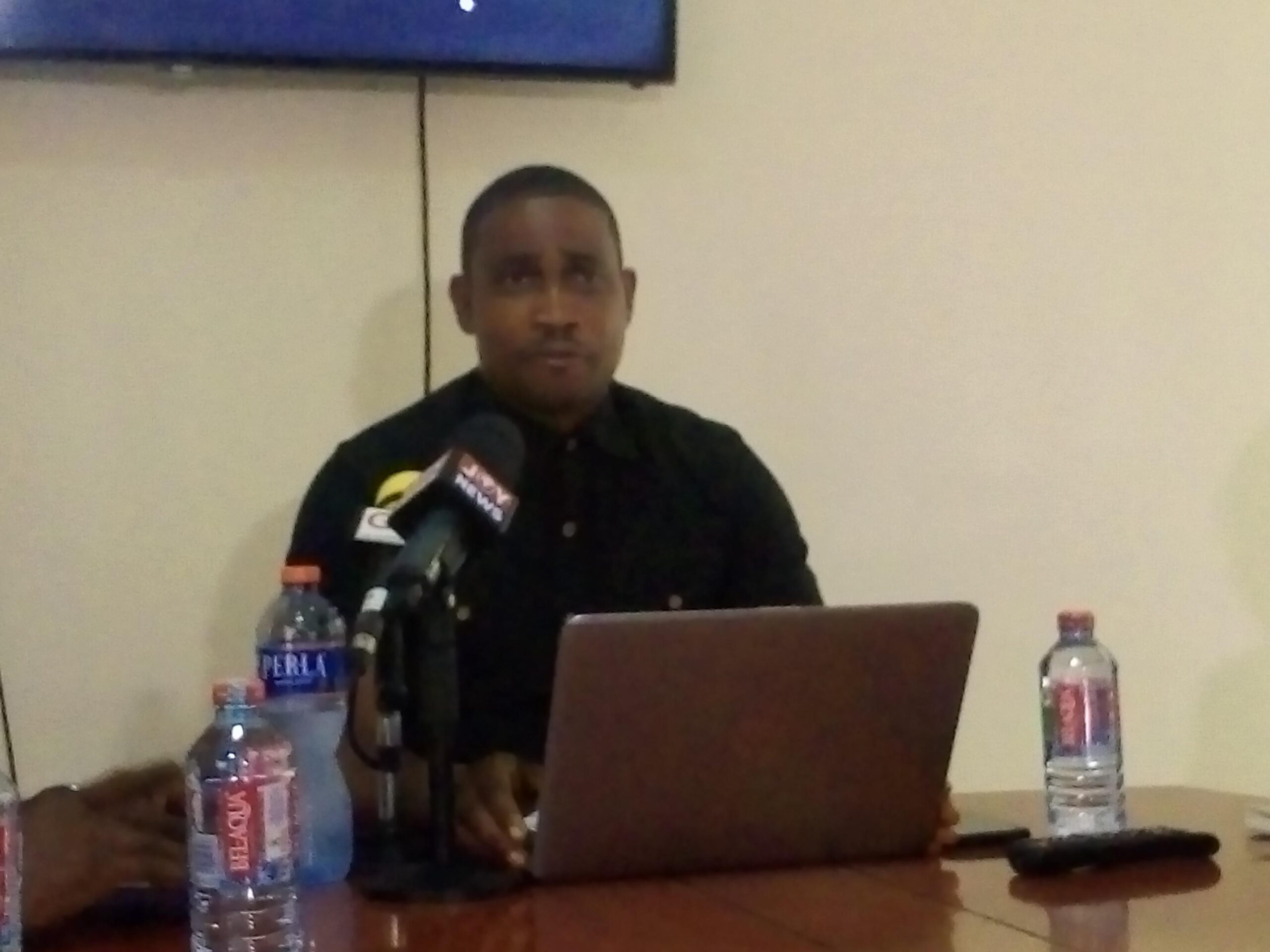
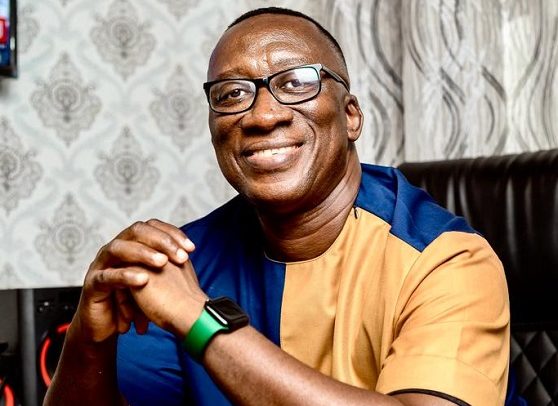


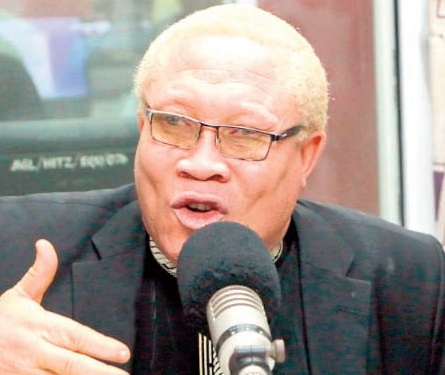















Facebook
Twitter
Pinterest
Instagram
Google+
YouTube
LinkedIn
RSS